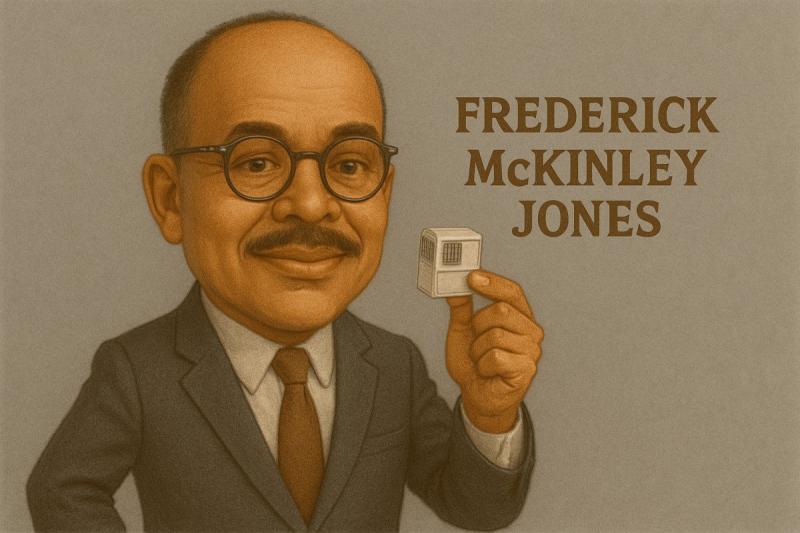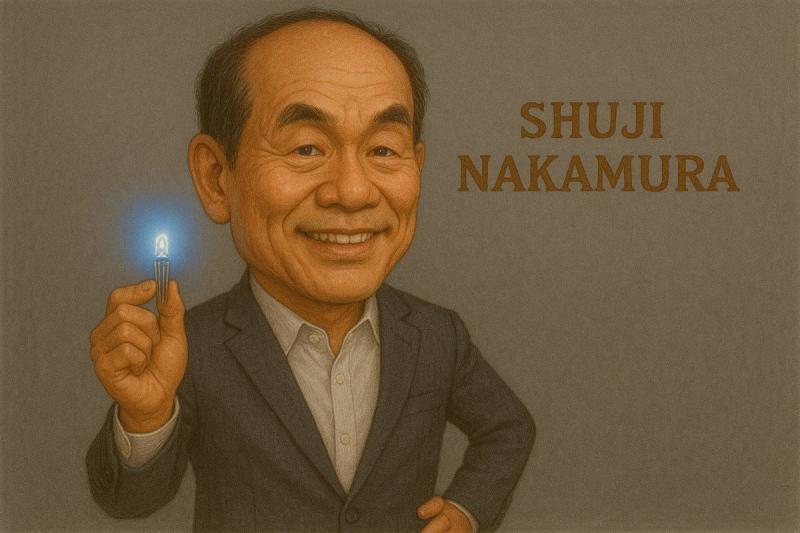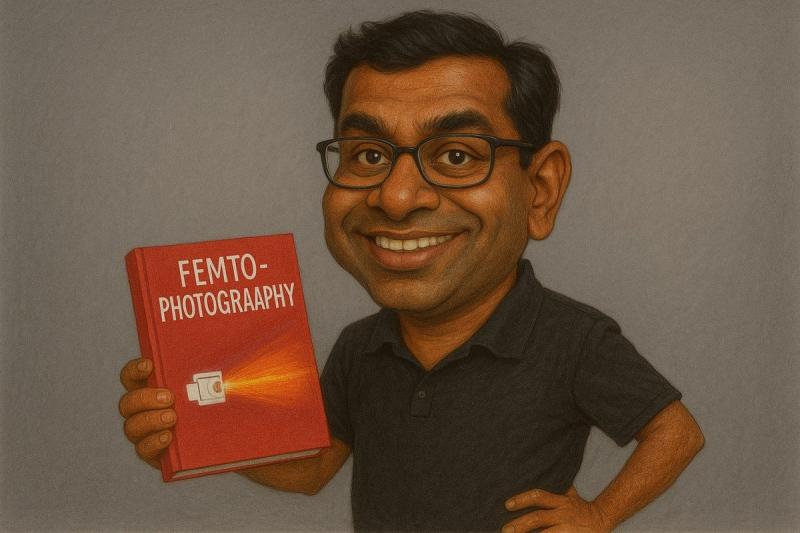The Brilliant Scientist Who Faked Madness: How Alhazen Changed Science While Under House Arrest
Ever wondered what you might accomplish if you were stuck at home for an entire decade? For most of us, the answer probably involves a lot of Netflix and maybe learning to bake sourdough bread. But for one brilliant medieval scientist, a 10-year house arrest led to discoveries that would revolutionize our understanding of how we see the world—literally.
Meet Alhazen (or Ibn al-Haytham if you want to impress your friends with your historical knowledge). This guy wasn't just smart—he was "fake your own madness to escape execution and then use your confinement to change science forever" kind of smart. Talk about making lemonade when life gives you lemons!
Who Was This Madman-Turned-Genius?
Born in Basra (in modern-day Iraq) around 965 CE, Alhazen was the medieval world's equivalent of a rock star scientist. Before his house arrest saga began, he was already making waves in mathematics, astronomy, and philosophy.
But unlike today's scientists with their fancy labs and research grants, Alhazen had to navigate the complicated politics of the medieval Islamic world. And boy, did he find himself in a sticky situation!
The story goes that Al-Hakim, the Fatimid Caliph of Egypt, summoned Alhazen because of his boastful claim that he could regulate the flooding of the Nile River. This wasn't just an academic exercise—controlling the Nile meant controlling Egypt's agriculture and economy. It was basically the Silicon Valley moonshot project of its day.
There was just one tiny problem: after arriving in Cairo and surveying the mighty Nile, Alhazen realized he had bitten off way more than he could chew. The project was impossible with the technology available at the time.
The Fake Madness Scheme
Now, disappointing a medieval caliph wasn't exactly a career setback—it was potentially a life-ending mistake. Al-Hakim wasn't known for his patience or forgiveness (historical accounts suggest he had quite the temper).
So what did our clever scientist do? He pulled off what might be history's most productive mental health scam—he pretended to go completely mad! :)
This wasn't just "I'm feeling a bit off today" behavior. Alhazen committed fully to the role, convincing everyone around him that he had lost his mind entirely. The caliph, not wanting to kill a madman (small mercies), placed him under house arrest instead.
That house arrest lasted for TEN YEARS. A decade! I can barely handle a weekend at my in-laws, but Alhazen used this confinement to change the world.
The Optical Revolution Begins
During his "crazy" decade, Alhazen focused intensely on the study of light and vision. Prior to his work, most scholars followed Euclid and Ptolemy's emission theory—the idea that our eyes emit rays that allow us to see objects.
Alhazen was like, "Nah, that's ridiculous." He correctly figured out that light reflects off objects and enters our eyes, not the other way around. This seems obvious now, but it was mind-blowing stuff in the 11th century!
His masterpiece, "Book of Optics" (Kitab al-Manazir), written during his confinement, wasn't just a small contribution to science—it completely revolutionized our understanding of vision, light, and optics.
Some of his groundbreaking discoveries included:
- The first accurate description of how vision actually works
- Detailed explanations of reflection and refraction
- Studies on the structure of the eye
- Experiments with camera obscura (the precursor to modern cameras)
- Investigations into atmospheric refraction
The guy even explained why the sun and moon appear larger near the horizon—a phenomenon that still tricks our brains today!
Beyond House Arrest: Alhazen's Legacy
After Al-Hakim's death in 1021, Alhazen was released and—surprise!—made a miraculous recovery from his "madness." He continued his scientific work until his death around 1040 CE.
What makes Alhazen truly special wasn't just his brilliant mind but his commitment to the scientific method centuries before it became standard practice. While many of his contemporaries were content with philosophical speculation, Alhazen insisted on experimental evidence.
His influence extended far beyond the Islamic world. When his works were translated into Latin in the 12th and 13th centuries, they profoundly influenced European scientists like Roger Bacon, Johannes Kepler, and even Leonardo da Vinci.
IMO, Alhazen deserves to be a household name alongside Einstein and Newton. He's basically the reason we understand how our eyes work, why lenses function, and the foundation for everything from eyeglasses to cameras to telescopes.
The Lesson For All Of Us
Alhazen's story is more than just an interesting historical footnote—it's a testament to human ingenuity under pressure. When faced with impossible circumstances, he didn't just survive; he thrived.
There's something beautifully ironic about a man pretending to lose his mind while actually achieving incredible mental breakthroughs. While confined within four walls, his mind roamed across the universe, uncovering secrets of light and vision that had eluded humanity for centuries.
Next time you're stuck at home on a rainy day complaining about boredom, remember Alhazen. He turned a decade of house arrest into one of history's greatest scientific achievements. Makes your "I watched an entire season in one day" accomplishment seem a bit less impressive, doesn't it? :/
But jokes aside, Alhazen reminds us that limitations—whether imposed by others or by circumstances—can sometimes be the breeding ground for our greatest creative achievements. Sometimes constraints don't restrict genius; they distill it.
So the next time someone calls you crazy for pursuing your passionate ideas, just remember: sometimes appearing mad is the sanest choice you can make. And who knows? Your "madness" might just change the world.



